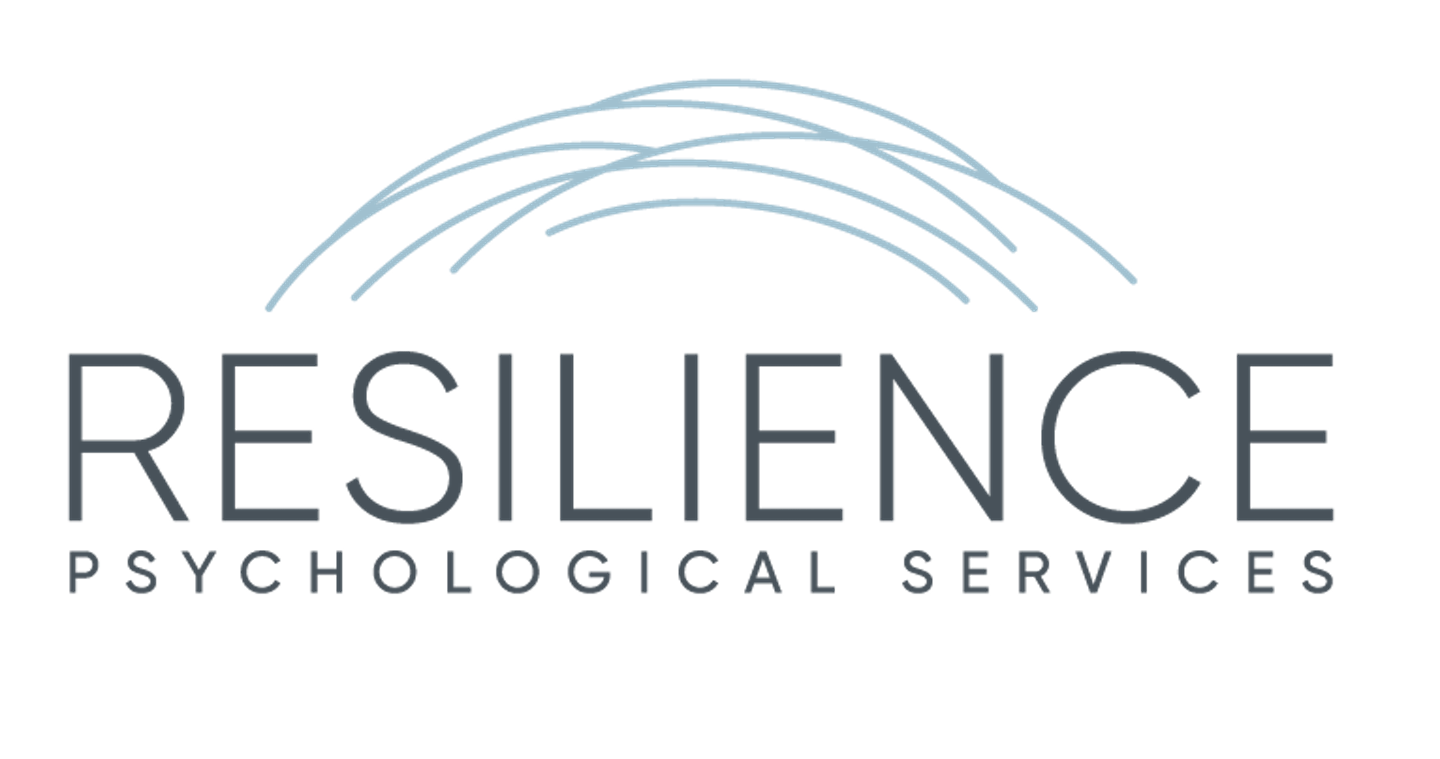neurodivergence JUSTICE
Neurodivergence justice advocates for the recognition and respect of neurological diversity, challenging the ways in which society often pathologizes, stigmatizes, and marginalizes neurodivergent individuals. Neurodivergence refers to variations in the brain that affect how a person thinks, feels, and learns, including conditions like autism, ADHD, dyslexia, and others.
A justice-oriented approach to neurodivergence sees these differences not as deficits to be “fixed” but as natural variations in human experience. Neurodivergence justice calls for environments that accommodate and value neurodiversity, promoting a society where neurodivergent individuals have equal access to resources, opportunities, and dignity.
NEURODIVERGENCE justice in Therapy
In therapy, a neurodivergence justice approach respects each client’s unique neurotype, valuing their lived experiences and strengths without imposing normative standards. Therapy informed by neurodivergence justice provides a safe, affirming space where neurodivergent individuals can explore their identities, experiences, and goals without judgment or pressure to conform to neurotypical expectations. This approach emphasizes the importance of autonomy, consent, and collaboration, supporting clients in their journeys while advocating for accommodations and resources that honor their unique needs.
Therapists who prioritize neurodivergence justice seek to create a therapeutic space free from ableism and stereotype-driven biases. They strive to support clients in understanding and embracing their neurodivergent identities, fostering self-advocacy, and building resilience in the face of societal misconceptions and systemic barriers. This perspective also includes an intersectional understanding, recognizing how factors like race, gender, and socioeconomic status shape each neurodivergent client’s experience.
Key Principles
Affirming Neurodivergent Identity: Neurodivergence justice in therapy centers clients’ identities and experiences, celebrating neurodiversity and encouraging self-acceptance.
Rejecting Pathologization: Therapy challenges deficit-focused perspectives on neurodivergence, honoring clients’ unique ways of thinking and engaging without labeling them as “wrong” or “disordered.”
Building Self-Advocacy and Autonomy: Neurodivergent clients are supported in setting boundaries, advocating for accommodations, and building confidence in their neurodivergent identities.
Creating Accessible and Adaptive Therapeutic Spaces: Neurodivergence justice-informed therapy prioritizes accessibility, adapting methods to suit each client’s communication style, sensory preferences, and needs.
Intersectional Approach to Neurodiversity: This approach considers the broader social, cultural, and economic factors that impact neurodivergent individuals, recognizing that race, gender, and other identities shape each person’s unique experience.
How We Can Help
At Resilience, our neurodivergence justice-informed therapy offers a compassionate, accessible space where neurodivergent clients are empowered to embrace their strengths and navigate their challenges. We focus on:
Celebrating Neurodivergent Identity and Strengths: We support clients in exploring and celebrating their neurodivergent identities, helping them connect with their strengths and affirm their self-worth.
Processing Ableism and Advocacy Skills: Therapy provides a safe space to process experiences of ableism and discrimination, supporting clients in building self-advocacy skills and accessing resources.
Adaptive, Inclusive Care: We prioritize accessibility, ensuring therapy methods and settings are adapted to meet each client’s unique needs and preferences.
Community and Connection: We connect clients with neurodivergent-friendly resources and support networks, fostering community and belonging.
What to Expect
Non-Pathologizing, Affirmative Care: Neurodivergence justice-informed therapists respect each client’s unique neurotype, offering validation and understanding without judgment or assumption.
Empowerment and Self-Advocacy: Therapy encourages clients to build self-advocacy skills, supporting their autonomy and pride in their neurodivergent identity.
Education and Advocacy: Many neurodivergence justice-informed therapists engage in advocacy work, challenging ableism within mental health fields and beyond, promoting greater societal understanding of neurodiversity.
Accessible, Adaptive Therapy Approaches: Therapy is tailored to respect each client’s preferred communication style, sensory needs, and unique perspective, creating a safe and accommodating environment.
Neurodivergence justice-informed therapy is about more than addressing individual mental health needs; it’s about recognizing and affirming each person’s unique way of being. At Resilience, we are committed to creating an inclusive, affirming space for neurodivergent clients, supporting them as they build confidence, self-acceptance, and resilience.
Whether you’re exploring your neurodivergent identity, seeking a place to process ableism, or simply looking for a therapeutic space that truly “gets” you, we’re here to support your journey toward empowerment, pride, and well-being.

